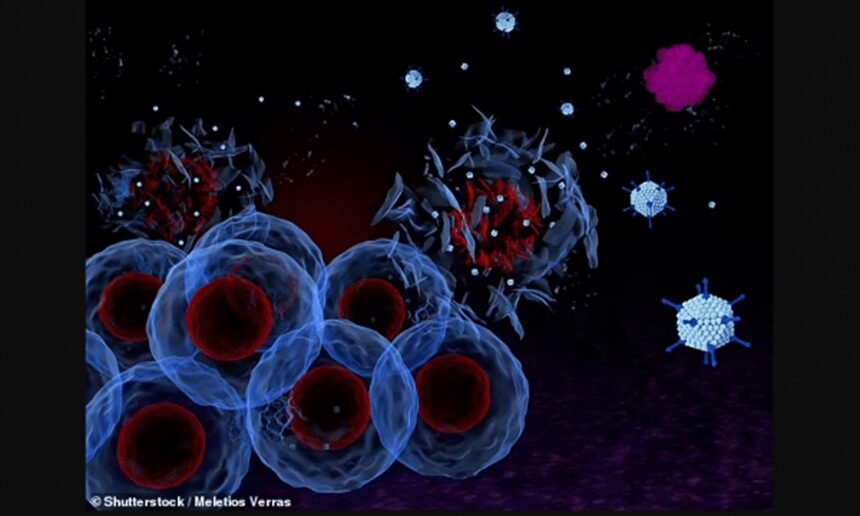A groundbreaking new study has shown that it is possible to permanently prevent the recurrence of cancer and metastases in both men and women when breast cancer has gone into remission after successful initial treatment, using already-approved drugs.
The authors believe the same method could also be applied to other types of cancer.
In their research, scientists from the University of Pennsylvania identified individuals who had “dormant cancer cells” left behind after surviving cancer.
These dormant cells remain hidden and inactive, but sometimes, after years of silence, they can reactivate in different parts of the body and cause metastases.
New hope for women with breast cancer
Study leaders Angela DeMichele and Lewis Chodosh from the Abramson Cancer Center and the Perelman School of Medicine published their results in the prestigious journal Nature Medicine, showing that these cells can be effectively detected and treated through drugs already used for other conditions.
Cancer recurs in 30% of cases
Although breast cancer survival rates have improved thanks to early detection and advanced therapies, recurrence after initial treatment remains a problem. Evidence shows that breast cancer returns in around 30% of cases, meaning many patients continue to live with the fear of relapse.
Some types of tumors, such as HER2+ and triple-negative breast cancer, often recur after several years, while estrogen receptor-positive (ER+) types can remain dormant and reappear even decades later. Until now, there has been no way to identify which survivors carry dormant cells and treat them to prevent the return of aggressive disease.
Which drugs and how do they work?
The study found that two existing drugs, hydroxychloroquine (HCQ) and everolimus (EVE), both FDA-approved for other purposes, could be used to eliminate minimal residual disease (MRD)—that is, dormant tumor cells—in mice, leading to longer periods without cancer recurrence.
These drugs target autophagy and the mTOR signaling pathway.
- Autophagy is the process by which cells break down and recycle their own components, such as damaged organelles and proteins, to survive under stress conditions.
- mTOR (mechanistic Target of Rapamycin) is a signaling pathway that regulates cell growth, metabolism, and protein production, which can promote cell proliferation when active. Blocking it stimulates autophagy, essentially causing cells to “consume themselves.”
In preclinical experiments with mice, researchers showed that these drugs work by interrupting the process that allows cells to remain dormant. When autophagy and mTOR signaling are blocked, the cells can no longer maintain dormancy—the process is “interrupted,” and the cells are eliminated before they can awaken and start multiplying.







